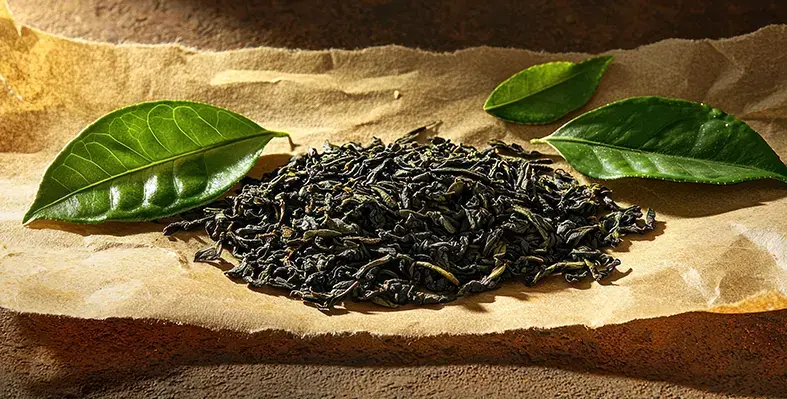Kenya and Iran have agreed to form a joint committee that will work to eliminate trade barriers and clear the way for the lifting of a ban on Kenyan tea exports to Iran within 60 days.
This decision was made during the 7th Session of the Kenya-Iran Joint Commission for Cooperation (JCC) held in Nairobi, co-chaired by Prime Cabinet Secretary Musalia Mudavadi and Iran’s Minister of Agricultural Jihad, Gholamreza Nouri Ghezalcheh.
The move follows a trade scandal involving a Kenyan firm, Cup of Joe Limited, which led to the diplomatic fallout and subsequent ban. The company was found guilty of importing low-quality tea, blending it, and re-exporting the product to Iran as premium Kenyan tea. This fraudulent act not only violated trade ethics but also compromised the credibility of Kenya’s globally respected tea brand. As a result, the Tea Board of Kenya has deregistered the company, and it now faces prosecution.
Senator Mutahi Kagwe, agriculture and livestock development cabinet secretary, emphasised that new regulatory measures will be introduced to prevent similar incidents in the future. “Kenya’s tea sector is one of our largest foreign exchange earners, and we must protect it from unscrupulous traders who damage our reputation,” said the CS.
Iran ranks among the top ten importers of Kenyan tea. In 2024, it imported approximately 13 million kilogrammes, valued at KSh 4.26 billion, according to data from the Tea Board of Kenya. Pakistan remained the top importer, accounting for 34.7% of Kenya’s tea export volume, translating to over KSh 70 billion in revenue. Overall, Kenyan tea reached 96 international markets in 2024, up from 92 in the previous year. However, the ban by Iran has led to significant financial losses for Kenyan farmers and exporters, prompting urgent diplomatic action.
Other major export destinations for Kenyan tea include Egypt (86.9 million kg worth KSh 23.96 billion), the UK (57.44 million kg at KSh 16.99 billion), UAE (30.5 million kg valued at KSh 10.27 billion), Russia (28.46 million kg worth KSh 7.43 billion), and India (17.13 million kg valued at KSh 3.94 billion). Saudi Arabia and Yemen also continue to be significant markets.
The newly formed joint committee will develop a framework aimed at restoring trust and ensuring strict adherence to quality standards. Both nations are hopeful that this effort will lead to a full resumption of tea exports before the end of the 60-day timeline.





